Doctor Who: The Biggest Problems Season 13 Needs To Fix
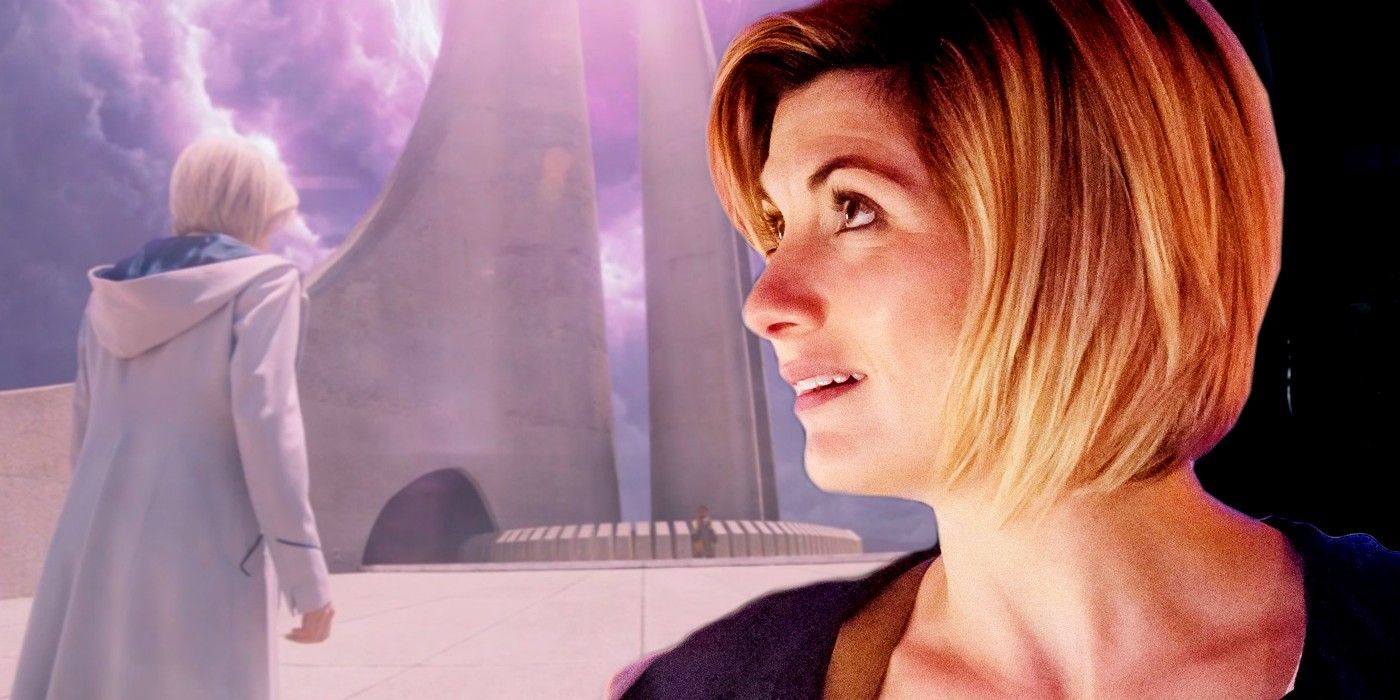
Which areas does Doctor Who need to improve upon in the sci-fi classic's upcoming thirteenth season? Since returning from the television wilderness in 2005, Doctor Who has become more popular than ever before, capturing the imaginations of one generation after another. Following in the footsteps of Russell T. Davies and Steven Moffatt, Chris Chibnall took over as Doctor Who's showrunner in 2018, casting Jodie Whittaker as The Doctor and wringing wholesale changes. Chibnall is now two seasons into his tenure, and the reaction from fans has been decidedly mixed.
It's clear that a younger generation of viewers are fully invested in the Thirteenth Doctor. Ratings have enjoyed a few impressive spikes and Whittaker herself has largely received praise for her performance. Doctor Who seasons 11 and 12 also included some all-time favorite episodes, namely "Rosa," "Spyfall" and "Fugitive of the Judoon." However, there remains a strong undercurrent of discontent with Doctor Who in its current form.
Production on Doctor Who season 13 is underway, but the upcoming run has no fixed released date, and will be shorter than expected due to the current pandemic. With rumors suggesting Doctor Who's next season could be Jodie Whittaker's last, there's also a certain pressure to hit greater heights than the past two seasons, but what specific elements could use some regeneration?
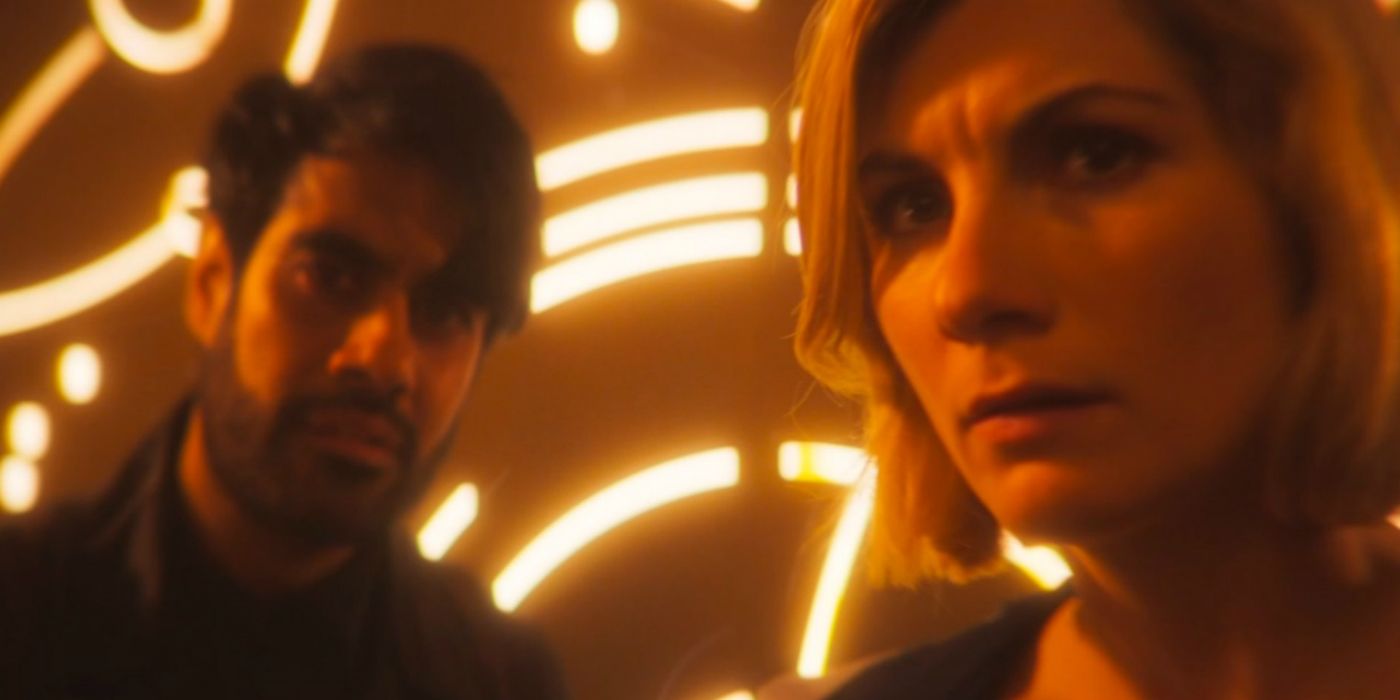
Doctor Who season 13 should put the controversial Timeless Child reveal at the very heart(s) of proceedings. After setting up the revelation in season 11, Doctor Who's season 12 finale made a series of shocking changes to a mythology stretching back over half a century. The Doctor is no longer from Gallifrey, but another dimension altogether, and her DNA provided the biological foundation of the Time Lord race. The Doctor can seemingly regenerate endlessly, and lived an unspecified number of lives before William Hartnell's "First" Doctor appeared. Rounding off the surprises, The Doctor worked for a clandestine organization known as The Division before becoming a heroic renegade. The Timeless Child is easily the biggest single shift in Doctor Who canon since the formal introduction of the Time Lords in 1969's "The War Games" but it's too early to tell whether the storyline is a stroke of mad genius, or overly-ambitious fan fiction brought to life.
To give the Timeless Child arc a fighting chance of success, discovering the truth must be Jodie Whittaker's key focus throughout Doctor Who season 13 - not just in the last 20 minutes of the finale. The Timeless Child created a great many plot holes, questions and inconsistencies, but left the audience eagerly awaiting a complete explanation. Obscuring The Doctor's personal history (after everyone thought they knew her so well) puts an obstacle in the way of investment. And from an in-universe perspective, The Doctor would surely be making every effort to find out the truth.
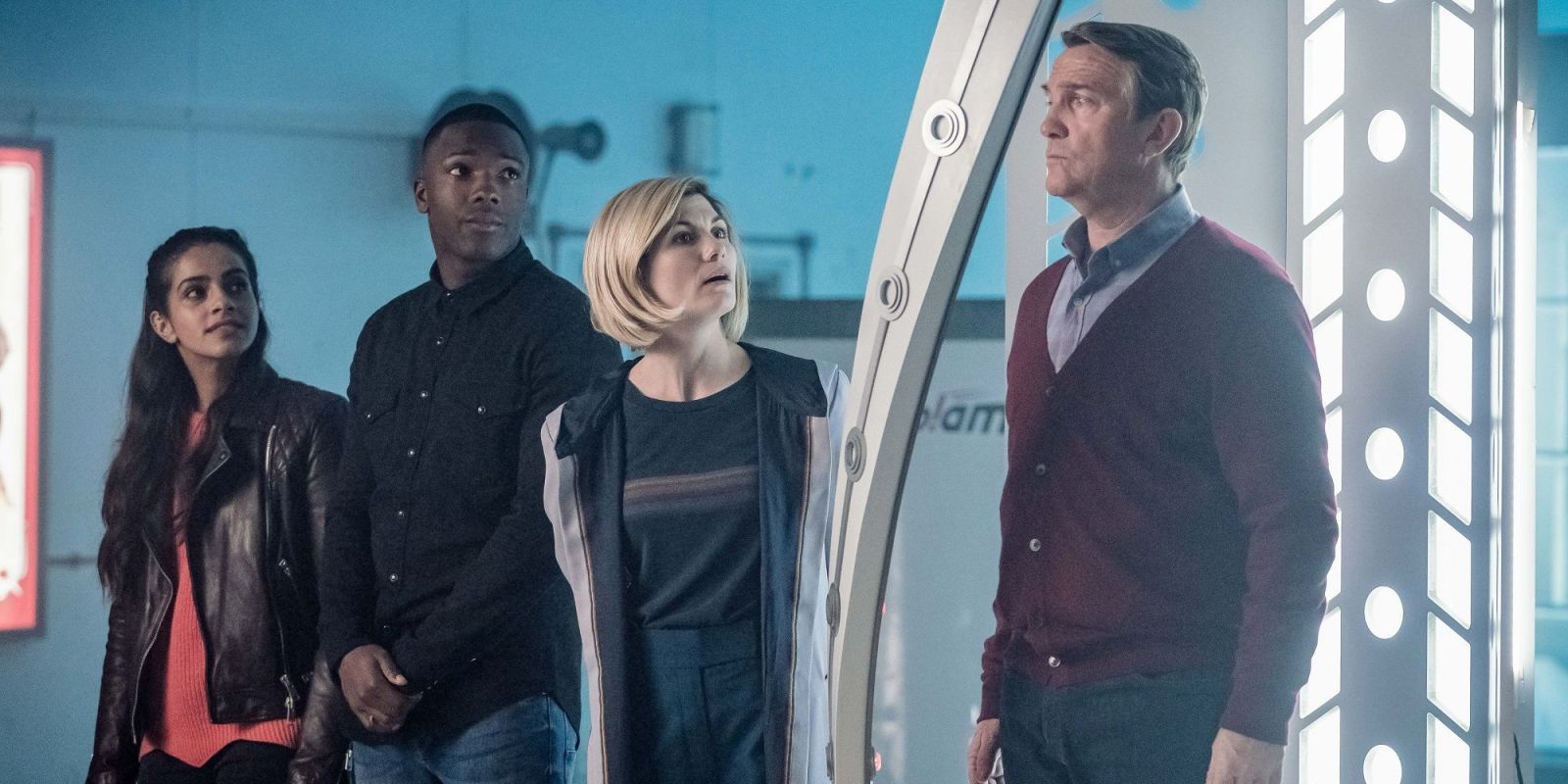
One of Doctor Who's biggest problems over the past two seasons has been juggling one Doctor, several guest stars, and a grand total of three companions. Modern Doctor Who usually casts a maximum of two passengers in the TARDIS at any one time, and while the classic era was no stranger to a crowd, those were different times when companions were more two-dimensional than viewers expect in 2021. Unsurprisingly, Doctor Who has struggled to find space for Graham, Ryan and Yaz in each episode. Even in Chibnall's best stories, at least one of that trio goes missing, becoming little more than background dressing. Purely due to this battle for screen time, Jodie Whittaker's companions feel under-developed compared to Rose Tyler, Amy Pond or Bill Potts, and were it not for the natural charm of Bradley Walsh, the fam would've fallen flat completely.
Fortunately, Doctor Who has a new lineup in season 13. Following the departures of Graham and Ryan this Christmas, The Doctor and Yaz will be joined by Dan, played by John Bishop - a likable British comedian who should be an asset to the TARDIS. And with a smaller cast, Mandip Gill can shine a little brighter too. After two seasons, Yaz is still defined by her near-obsessive love for The Doctor and little else. Her family and police career have featured in flashes, only to be swiftly forgotten an episode later. When it comes to Doctor Who companions, season 13 needs quality over quantity.
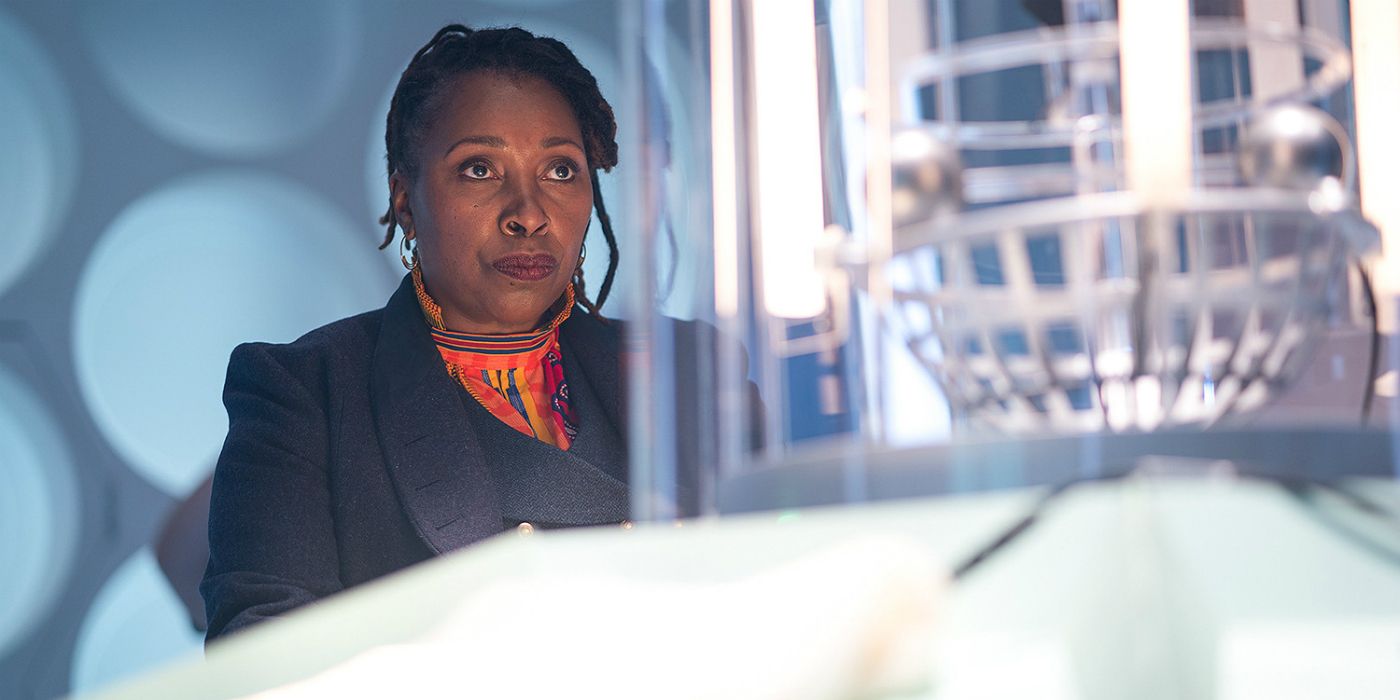
Doctor Who's brief glimpses of Jo Martin's Doctor were a distinct highlight of season 12, and her introduction in "Fugitive of the Judoon" was a perfectly measured slow-burn mystery that introduced a big, revolutionary new idea without relying on an end-of-episode info dump. But where "Fugitive of the Judoon" flew, "The Timeless Children" disappointed. The bulk of Doctor Who's season 12 finale was essentially The Master settling in and giving The Doctor a lengthy Gallifreyan history lesson. Such blatant exposition drained the life out of Doctor Who's Timeless Child moment and hindered the pace of the finale - entirely unlike the Fugitive Doctor's introduction, which wrapped the necessary pieces of exposition around an exciting story.
With a fuller explanation of The Doctor's past (hopefully) forthcoming, there'll be plenty more brain-melting lectures in season 13, and these should look to Ruth for inspiration. Instead of tying The Doctor up and delivering a monologue like "The Timeless Children," the truth of The Division and The Doctor's home world can unravel like a classic mystery novel, laying clues over the course of an episode so the climactic reveal doesn't require 15 minutes of flashbacks to explain.
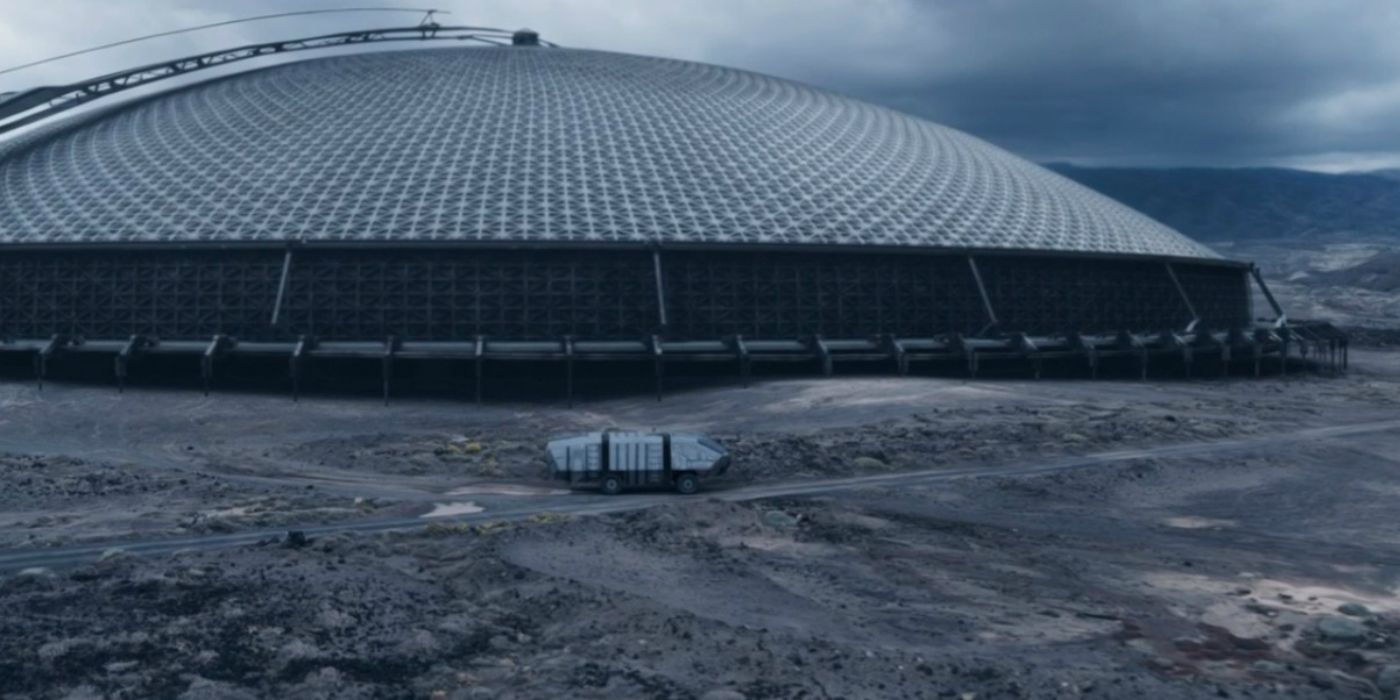
A recurring criticism of Doctor Who's Chris Chibnall era are the overt moral stances being taken, but those folks writing complaints to the BBC have overlooked The Doctor's long-standing history of telling political stories and championing liberal values. After the Third Doctor spent 1972's "The Curse of Peladon" convincing the Galactic Federation to let the titular planet into their common trade market, is it really so shocking that the 2020 Christmas special made a mildly disparaging comment about Brexit? The problem with present-day Doctor Who isn't that stories contain a moral message; nor is it the moral message itself. The problem is in the execution.
Science fiction is a fantastic medium for making real-world parallels, whether political, moral or social, and Doctor Who has a rich history of doing just that. Aside from the aforementioned Pertwee adventure, there's the Thatcher-tinged "Paradise Towers," the environmentalism of "Inferno" and the genocidal dilemma of "Genesis of the Daleks." In all three cases (and many more), Doctor Who subtly laced real life allusions within the context of a science fiction story, giving a substance and richness that partly accounts for the franchise's longevity. In contrast, the past two seasons have occasionally felt like a party political broadcast covered in a wafer-thin layer of science fiction. "Orphan 55" is the biggest culprit. Where the environmental commentary of "Inferno" or "The Green Death" was told through a gripping sci-fi narrative, "Orphan 55" is an Al Gore documentary in space.
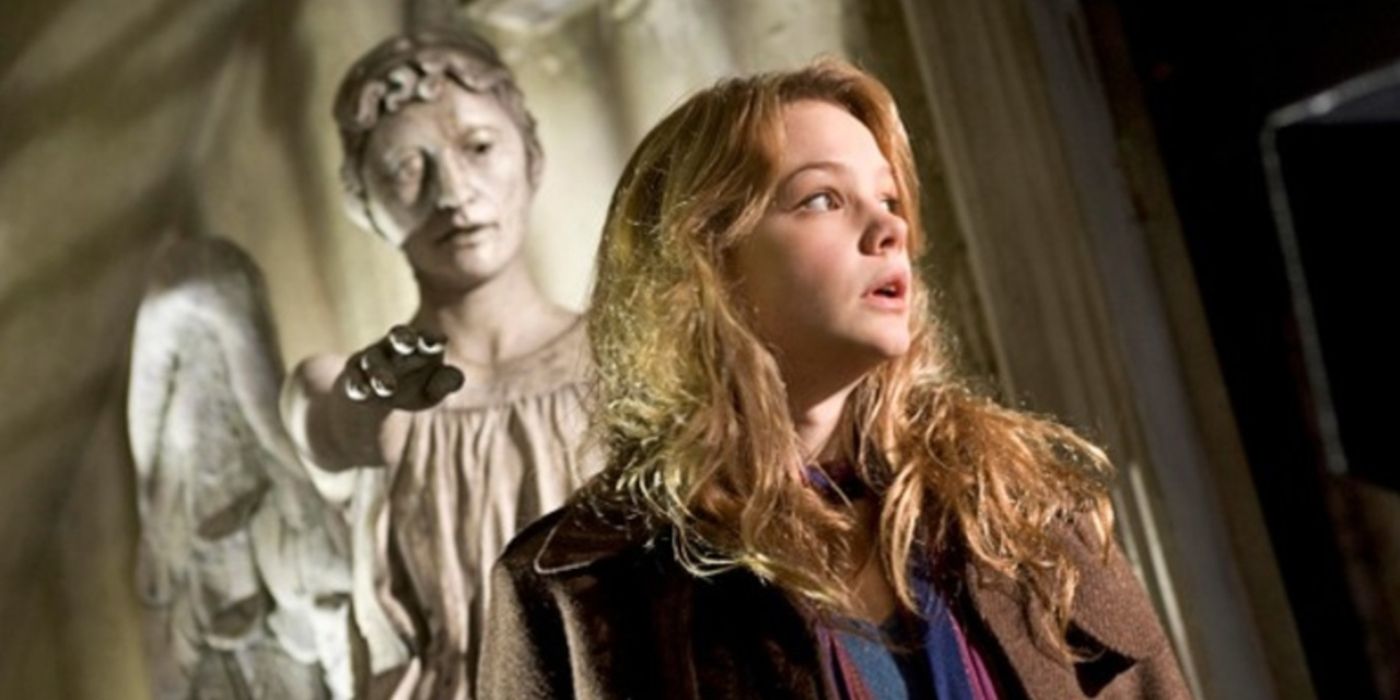
If feels reductive to suggest that Doctor Who season 13 needs to "write better stories" - like telling a soccer team to "score more goals" or Batman to "catch more bad guys." But even before Chris Chibnall took the reins, Doctor Who's storytelling was falling into a formulaic trap. Viewers can safely expect each season to include "the bottle episode on a spaceship," "the historical romp" and "the scary one just before the finale." And yet it wasn't always this way. Looking back to modern Who's most successful period (in terms of viewership, reviews and fan reaction), the variety of stories on offer is considerably wider than today. Doctor Who season 3, for example, contained hybrid Daleks in New York, The Master taking over Earth, the Face of Boe on an endless motorway, Sally Sparrow vs. creepy statues, and The Doctor becoming a teacher in World War I.
More important than variation are the memorable concepts that defined those episodes. Each story offered something new and exciting, and even now, those episodes linger in the collective consciousness. For Eccleston and Tennant, only one or two episodes per season would pass without fanfare, but towards the end of Steven Moffat's time, that ratio became more like 50:50, and Chibnall has been unable to reverse that trend. The likes of "The Tsuranga Conundrum," "The Witchfinders," "Praxeus" and "Can You Hear Me?" slip by without the bold narrative concepts of top-tier Doctor Who.
from ScreenRant - Feed

